7 Things You Should Never Do at a Doctor’s Office, Etiquette Experts Say
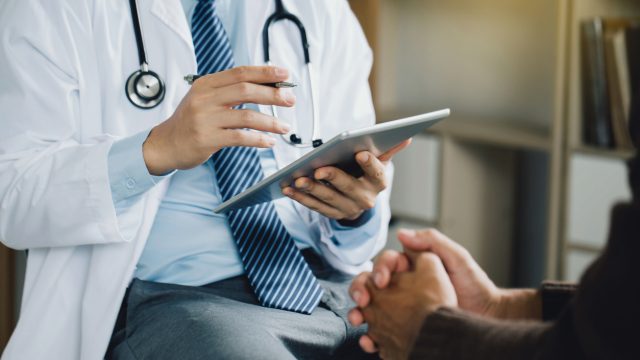
Visiting the doctor’s office can be a stressful experience, especially when you’re sick. Ideally, your care team will be well versed in ways to make your appointment go smoothly and without incident. However, your relationship with your medical providers is a two-way street, and how you show up to your doctor’s office can also sway your experience for everyone involved. In fact, etiquette experts say that there are several common mistakes people make that could be tanking your appointments—not to mention irritating others. Read on to learn the seven things you should never do at a doctor’s office, according to the experts.
RELATED: “Polite” Things You’re Doing That Are Actually Rude, Etiquette Experts Say.
1
Never show up late, especially without calling.

One of the top ways that you can be courteous toward medical professionals is to respect their time. After all, most doctor’s offices are juggling complex schedules to meet the needs of many patients at once.
“Being late throws off their schedule,” says Jules Hirst, an etiquette coach and founder of Etiquette Consulting. “It can also force other patients to wait longer. If you know you are going to be late, it is courteous to call ahead and let them know so they can adjust accordingly. Also, when you arrive, do not assume that you are next to be seen. You were late so you need to wait your turn like every other patient.”
RELATED: 7 Things You Should Never Do at the Hair Salon, Etiquette Experts Say.
2
Never wear strong perfume or cologne.
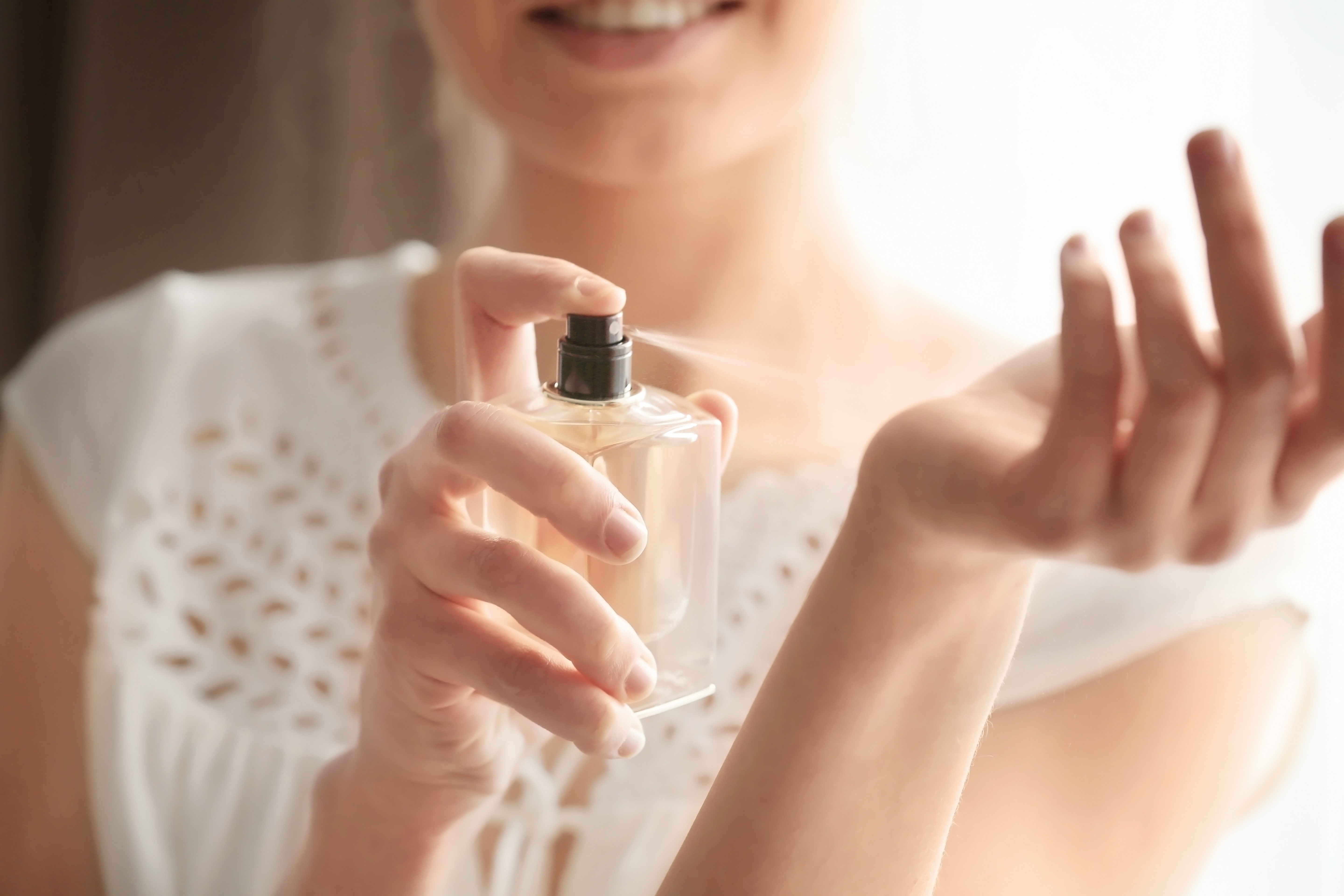
Some symptoms are made worse by strong scents—for instance, a bad headache or respiratory problems. Laura Windsor, an etiquette expert and founder of Laura Windsor Etiquette Academy, says you should skip perfume or cologne on days you visit the doctor, out of courtesy to other patients in the waiting room.
“Scents can smell stronger, even nauseating, to people who are sick,” she notes.
3
Never have a long or loud phone conversation.
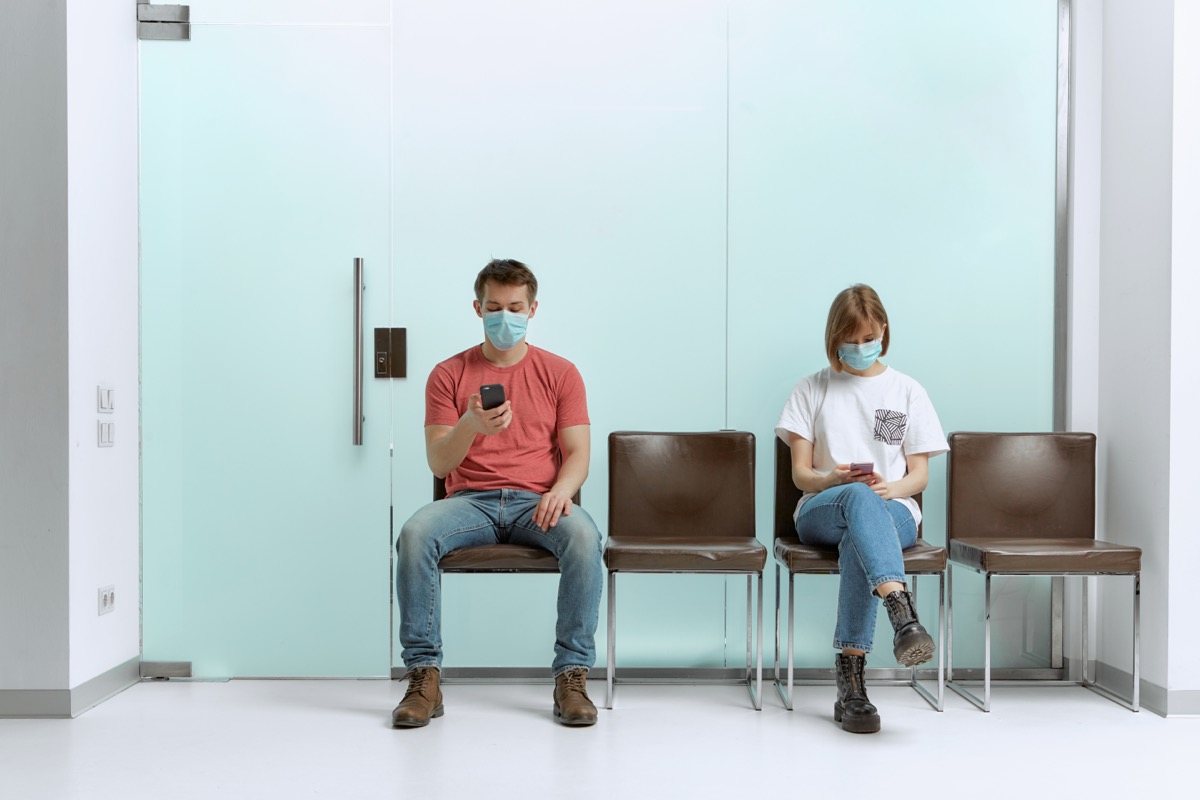
The waiting room might be a bit boring, but that’s no excuse for a loud or prolonged phone conversation that may bother other patients.
“A visit to the doctor’s office is usually stressful and most likely people are not feeling well,” says Hirst. She suggests making your calls ahead of time, or saving them for after your appointment.
The etiquette expert adds that video calls tend to be especially unwelcome at the doctor’s office. Besides being rude and disruptive to staff who are trying to focus on their jobs, these can also violate the privacy of other patients, she says.
RELATED: The 8 Worst Wedding Gifts You Can Give, Etiquette Experts Say.
4
Never eat in the waiting room.
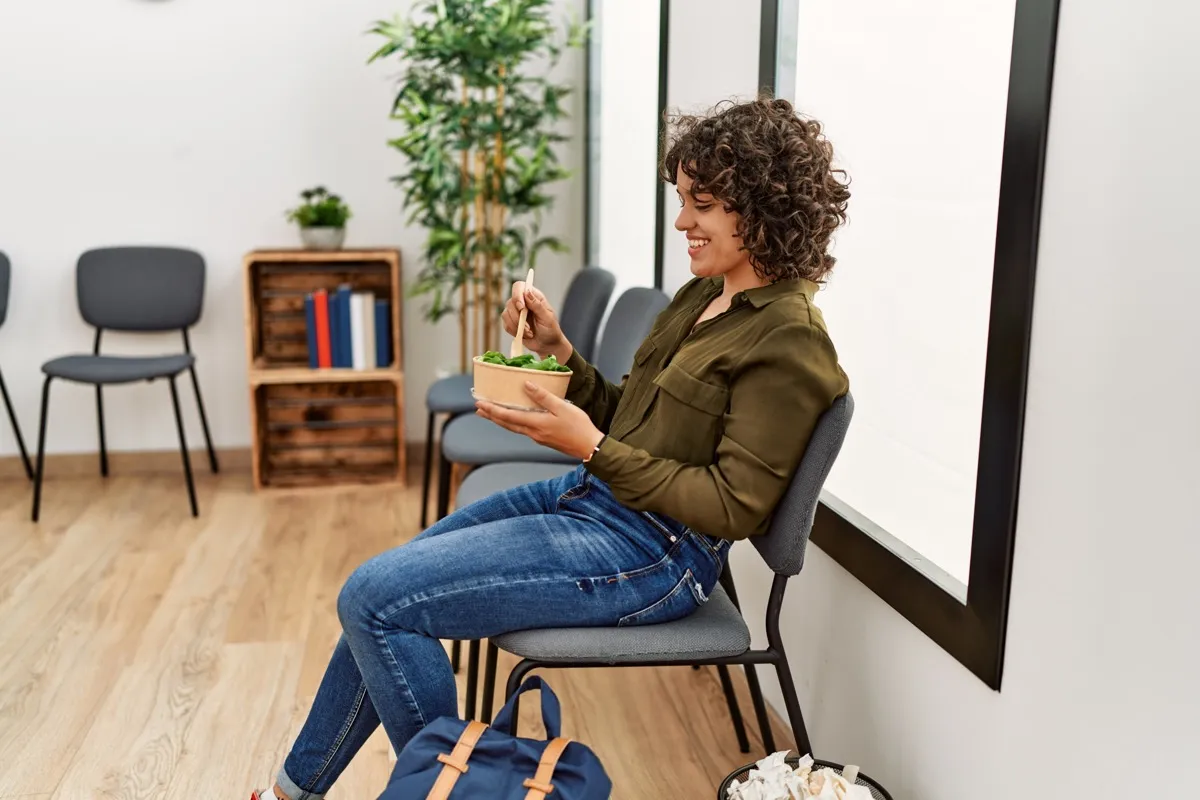
If your appointment falls close to a mealtime, it may be tempting to bring something to eat for the waiting room. However, Windsor says you should never bring food (“especially smelly food”) to a medical appointment.
“The smell may linger for hours and may be unpleasant or nauseating for people who are sick,” she points out.
If you’re bringing a snack to quell your own nausea, that’s a different story. Choose something simple, such as bread or a banana, which will soothe your symptoms without affecting others.
5
Never show up unprepared.
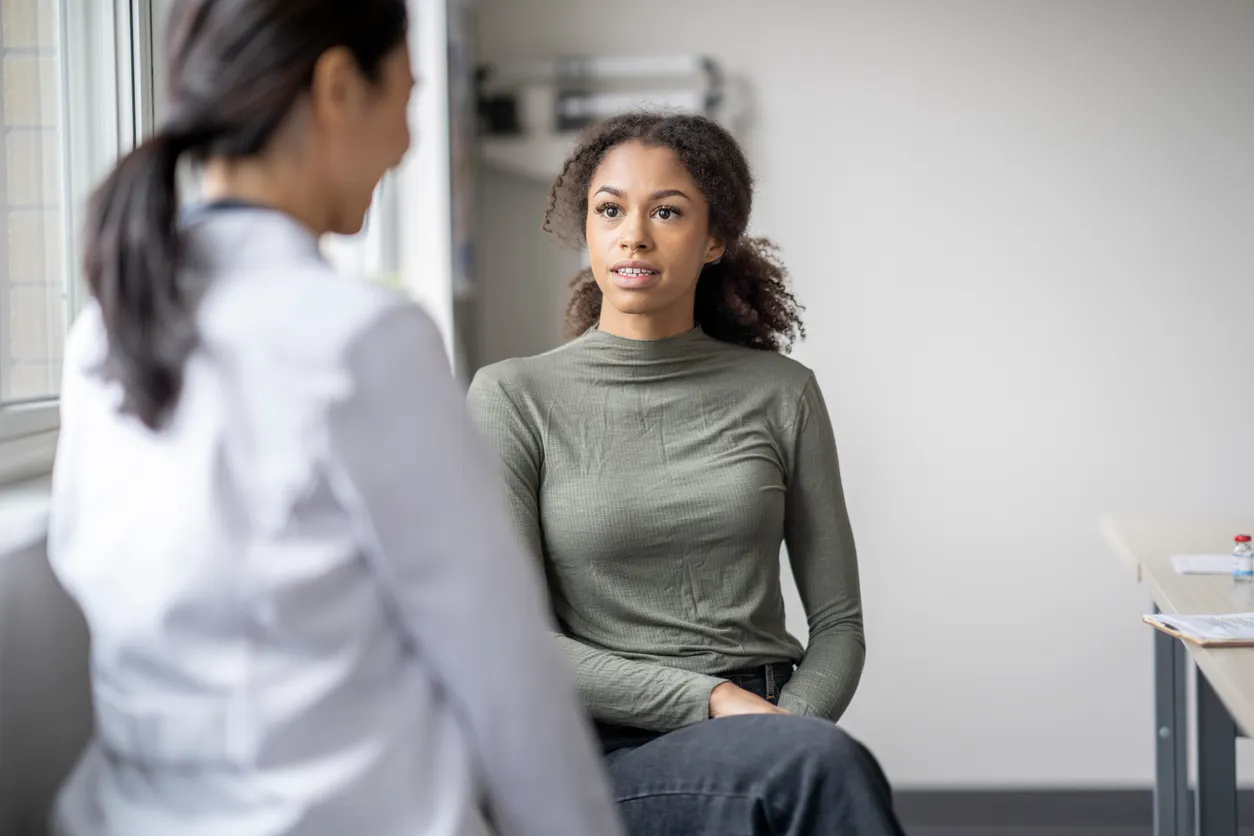
Any time you schedule a visit to the doctor, you should come prepared with a list of concerns, questions, medications, and any other pertinent information your medical provider may need. Not only will this help your doctor do their job better—it’s also respectful of their time and the time of other patients in the waiting room.
“Doctors are under so much pressure to churn through their patient lists, there is not a lot of time for small talk and warm up conversation,” explains Jodi RR Smith, an etiquette expert and founder of Mannersmith Etiquette Consulting. “Be ready to review your list as soon as the doctor asks. Often patients’ minds go blank when they finally see the doctor, which is why the list is so important.”
Hirst agrees, adding, “The more information you can provide to the doctor, the better the doctor will be able to diagnose and treat your issue.”
RELATED: 6 Questions You Should Never Ask a Woman, Etiquette Experts Say.
6
Never assume you’re not contagious.
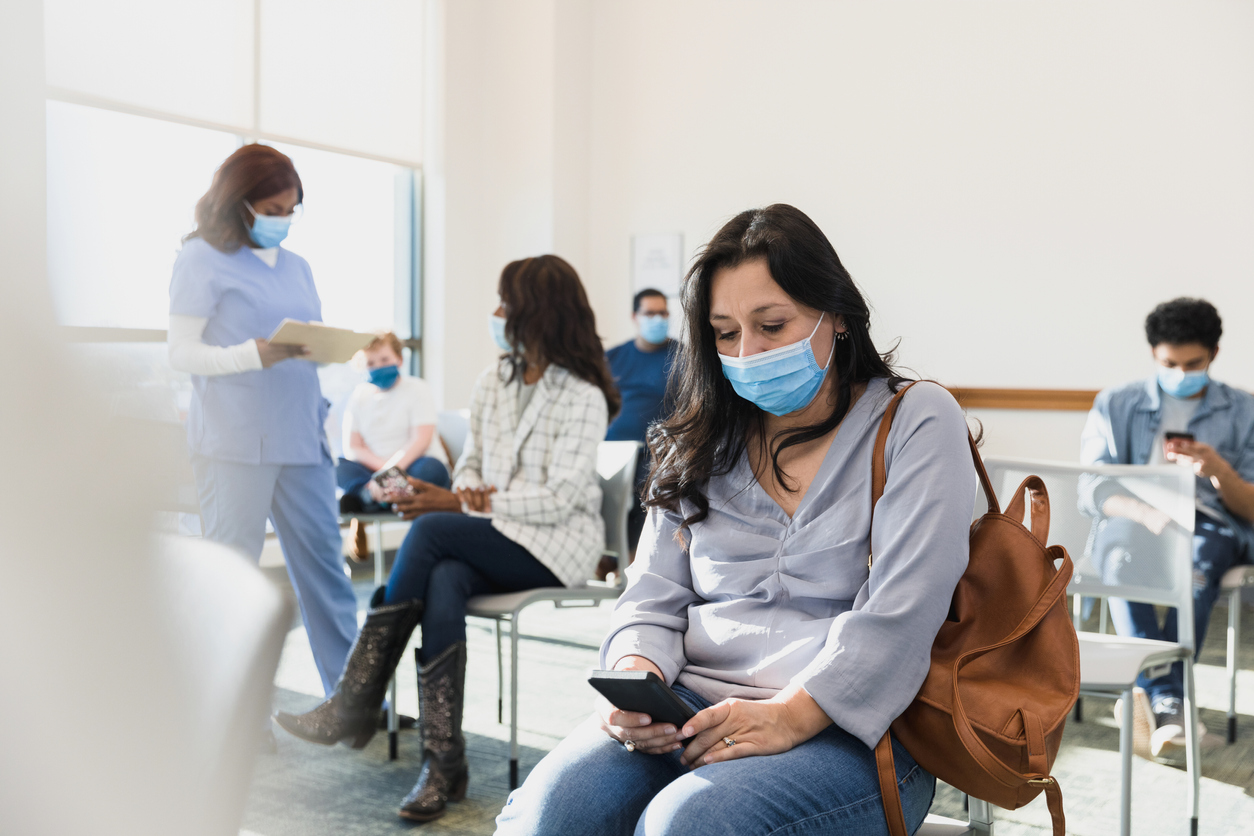
Some medical practices have recently relaxed their rules surrounding mandatory masking and social distancing. However, Hirst says it’s best to continue following these rules—especially if you may be able to spread your illness to others.
“If you could be contagious when visiting the doctor, make sure to keep your distance from others and if at all possible wear a mask so that you do not spread your germs around the office,” she advises.
Even if you’re not likely contagious, wearing a mask and social distancing may still be appreciated by other patients who are immunocompromised. Other basic precautions you should take include washing your hands regularly and sneezing into your elbow.
For more etiquette advice sent directly to your inbox, sign up for our daily newsletter.
7
Never stare.

Oftentimes, doctor’s offices gather people in their most vulnerable moments—it can be quite a sight to see. However, Windsor warns that staring is never appropriate and can be a major intrusion for someone who is already in a sensitive state.
“Never stare at sick people, no matter how inconspicuously,” she cautions. “It is rude to stare and gawk, and makes others feel uncomfortable.”